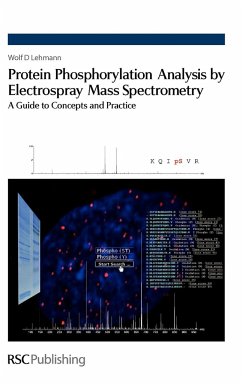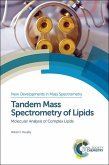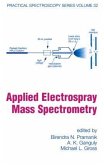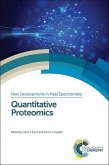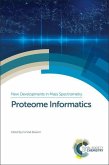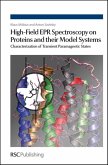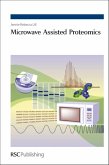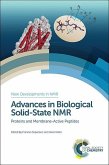Protein phosphorylation analysis is a central theme in current analytical biochemistry, cell biology and systems biology. Due to its versatility, specificity and sensitivity, mass spectrometry has developed into a key technology in this field. A set of minor and major instrumental innovations mean that mass spectrometers now exhibit a level of performance, a stability of operation, a relative ease of use, and productivity, which would once have been hard to imagine. This book guides the reader through this prolific field by presenting a collection of personal views and selected examples which cover all the important principles with a focus on electrospray ionization mass spectrometry. It covers: phosphorylation analysis at the peptide, protein and proteome level; manual and automated data evaluation; phosphopeptide enrichment; quantitative aspects; element mass spectrometry; individual analytical strategies, and hints to useful internet resources. This book provides students, graduate students, post-Docs and senior scientists from related areas with a better understanding on molecular protein phosphorylation analysis. Its highest aim is to strengthen the reader's ability to develop a personal, well-founded opinion on original manuscripts published in this field.

